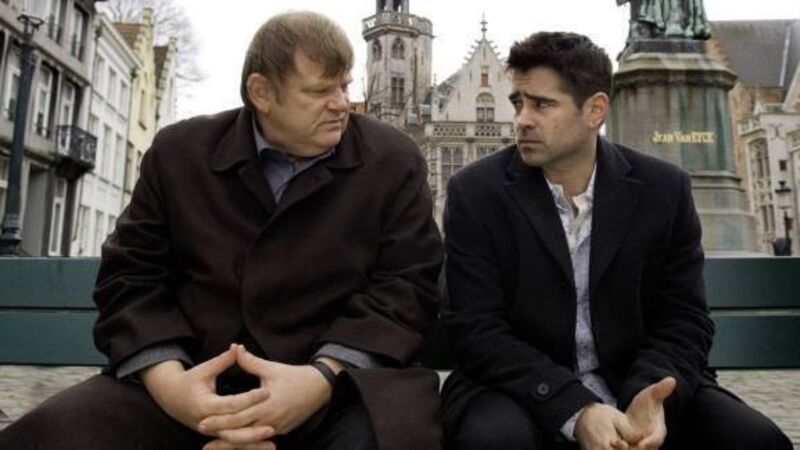The playwright who prefers films

The production was the first part of The Leenane Trilogy, a set of plays that also included A Skull in Connemara and The Lonesome West. All three were staged by Druid Theatre Company and directed by Garry Hynes. Within a couple of years the shows were playing on Broadway to thunderous acclaim.
It was a stunning rise to fame for McDonagh, only 26 when The Beauty Queen debuted. What was also remarkable was that such laser-sharp and savage parodies of small-town Connemara had been written by an Englishman. The son of Irish emigrants to London, McDonagh was born and raised there, but he and his brother John spent the summers of their childhood in his father’s home village of Lettermullan in Connemara. After finishing school, he turned his hand to writing stories and plays, inspired by the cinema that had always fascinated him, and the plays he was familiar with, chiefly the work of Harold Pinter and David Mamet.











